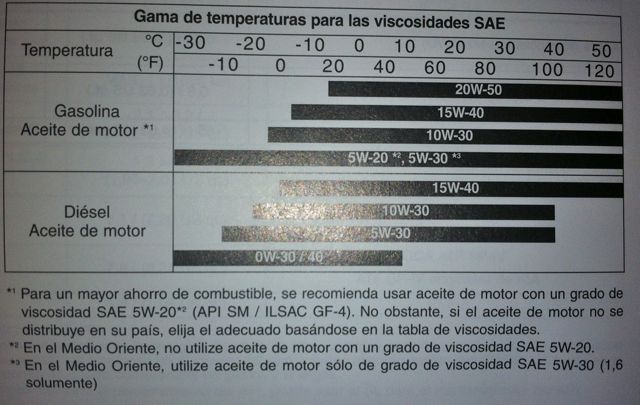Originally Posted By: skyship
This is a good article to read about oil viscosity, fuel economy and wear factors from Machinery and lubrication.
Oil viscosity article.
A few important extracts:
But somewhat thicker oils may offer more protection for more severe operations such as driving through mountains, pulling a boat, dusty conditions, short trips, high rpm, overloading, overheating and overcooling.
Any abrasive particles equal to or larger than the oil film thickness will cause wear. Filters are necessary to keep contaminants small. The other side of the equation is oil film thickness. Thicker oil films can accommodate larger contaminants.
Every fluid is a compromise. Oils recommended by the auto manufacturers seem to compromise protection from wear under severe conditions to gain fuel economy and catalyst durability. It is important to recognize that to use a product that offers more protection from wear will most likely compromise your warranty. Thicker oils also compromise cold temperature flow, which may be of concern depending upon climate and season.
The best protection against wear is probably a product that is a little thicker (such as SAE 10W-30 or 15W-40) and has more antiwear additives than the oils that support the warranty. The best oil for your vehicle depends on your driving habits, the age of your engine and the climate you drive in, but it is not necessarily the type of oil specified in the owner’s manual or stamped on the dipstick.
I've got that article in my inbox. Post the whole thing,not just a few excerpts that support your position.
Thinner oil is more than adequate if the operating temps remain within range. A thicker oil gives the engine more leeway if the oil temps get so hot that film strength is compromised.
You realize that 99% of us do NOT drive the engines hard enough to compromise film strength right. The entire article you chopped up touches on that. And in situations such as towing the OEM has provided these engines with oil coolers,so as to keep the oil cool.
Your copy and paste makes me laugh. You omit sections that don't strengthen your position and only post information that will.
Why wouldn't a person use the thinner variant and enjoy a more free revving and easier on gas engine,especially when the oem has built the vehicle with parts just for this purpose instead of using an oil that may be thicker than necessary,which restricts the moving parts.
Oh yeah. Because sunkship says so.
I'm still waiting for you to copy and paste some 4.6 engines that ran more miles on thicker oil than the oem specified oil.
Your argument is flawed. The data doesn't exist. You will not find a motor that lived longer on oil thicker than the oem specifies.
Ford mod motors for example. Since they are available on your continent please find some 400000km examples of them that have never been rebuilt. They will need at least that many kms because I can find 3 such examples in the subdivision I'm working in. The bodies are falling off them but the engines are running mint with no burning oil from the rings.
I can head er on down to the local cab companies and get their mileages of a few crown Victoria examples,all with easily 350000kms,running 20 grades.
Come on boy. Find some evidence to back up position. The criteria is simpler
Ford 4.6/5.4 litre engines
Over 350000kms.
Should be easy for you
Or is real world data tougher than copy and paste.
Go put some pants on.
Heck,I can walk out my front door and flag down the first crown Vic I see and its likely over 350k.
Come on boy,prove me wrong.
No one listens to you as of right now,maybe if you actually show some data you can scrounge some credibility. I doubt it but hey,any things possible.
You can write 5 paragraphs on phoney made up sunkship "facts", lets see what you can do with actual facts.




